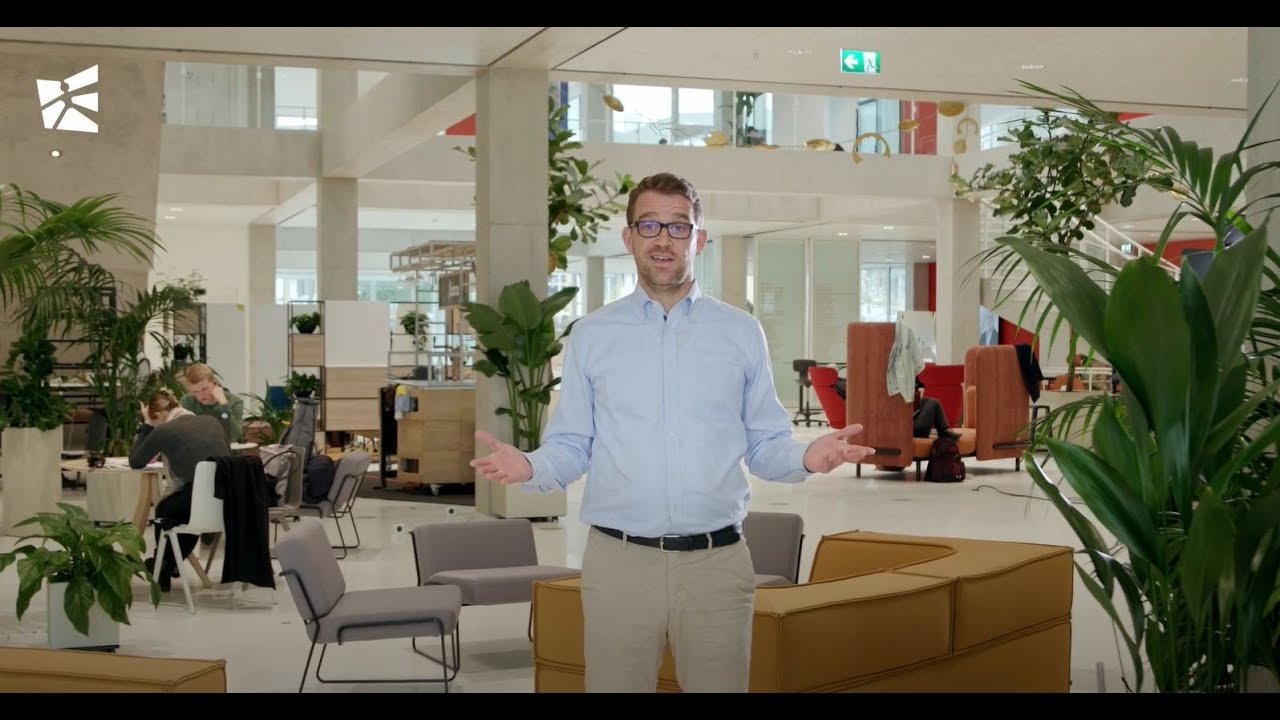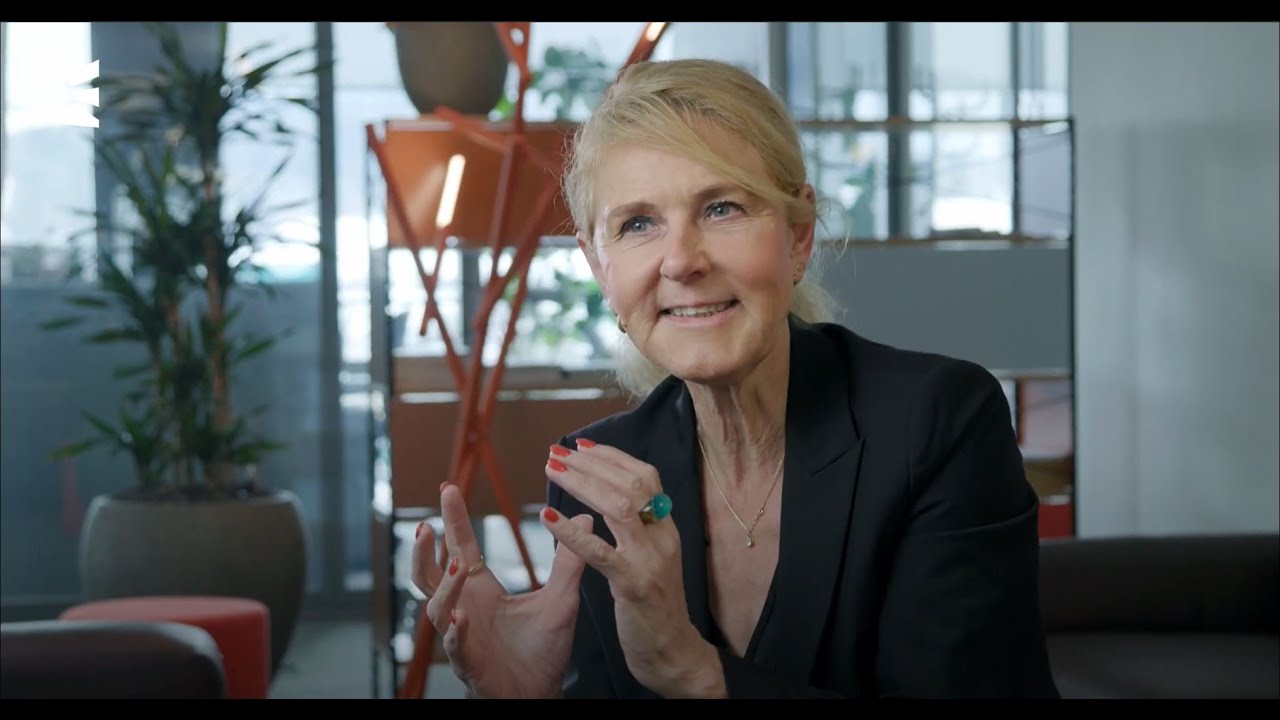The University of St.Gallen honors outstanding researchers with awards and prizes. Prizes and awards highlight special achievements. Premiums reward achievements and serve as an incentive.
In order to make the social impact of its research more visible, the HSG has created the Impact Award. This award recognizes research with a clearly identifiable impact in practice. Up to three projects are awarded annually, one of which can have a concrete regional reference. The projects can come from all areas of research.
The HSG Latsis Prize is awarded annually at the Dies Academicus to a young researcher at the University of St.Gallen.
In 2022, the following three projects were selected for an Impact Award:
The "HSG Latsis Prize" is awarded annually, on the occasion of the "Dies Academicus", to a young and promising research talent at the University of St.Gallen. Completed and independent contributions which have great significance in terms of their practical relevance can be considered for this prize.
Former HSG Latsis Prize Winners
- 2021: Ass.-Prof. Dr. Matthias Weber (s/bf-HSG)
- 2020: Ass.-Prof. Dr. Ivo Blohm (IWI-HSG)
- 2019: Ass.-Prof. PhD Beatrix Eugster (CDI-HSG)
- 2018: Dr. Dimitrios Georgakakis (FIM-HSG)
- 2017: Ass.-Prof. Dr. Thomas Epper (FGN-HSG)
Learn more about the most recent Latsis Prize recipient, Prof. Jamie Gloor:
Hans Christoph Binswanger Prize
Every two years, the University of St.Gallen (HSG) awards the Hans Christoph Binswanger Prize to young academics in the social sciences and humanities who do not yet have a permanent academic position (tenure). The prize honours works of an integrative character in fields to which the economist and long-standing HSG Professor Hans Christoph Binswanger (1929–2018) made important contributions. All information can be found on our Hans Christoph Binswanger Prize page.


